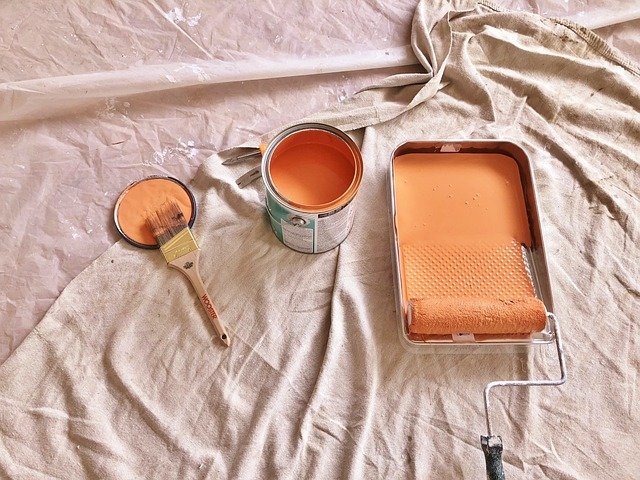The Complete Guide to Vinyl Flooring: Types, Benefits, and Installation Methods
Vinyl flooring has emerged as a versatile and practical flooring solution for modern homes and commercial spaces. This comprehensive guide explores the various types of vinyl flooring, their benefits, installation methods, and current design trends. Whether you're renovating your home or selecting flooring for a business, understanding these aspects will help you make an informed decision.

Understanding Different Types of Vinyl Flooring and Their Applications
Vinyl flooring comes in three main formats: sheet vinyl, luxury vinyl plank (LVP), and vinyl tile. Sheet vinyl comes in large, continuous rolls ideal for bathrooms and kitchens where minimal seams are desired. LVP mimics hardwood planks and offers superior durability, while vinyl tiles provide versatility in design and are perfect for creating custom patterns. Each type serves specific purposes, with sheet vinyl excelling in moisture-prone areas, LVP working well in living spaces, and tiles offering flexibility for commercial applications.
Key Benefits of Vinyl Flooring in High-Traffic Areas
One of vinyl flooring’s strongest selling points is its exceptional durability in high-traffic areas. The material resists scratches, stains, and dents, making it ideal for busy households and commercial spaces. Water resistance is another crucial advantage, as vinyl’s non-porous surface prevents water damage and makes cleaning effortless. Regular maintenance simply requires sweeping and occasional mopping, without the need for special cleaners or treatments.
Choosing Between LVP and Standard Vinyl Flooring
The decision between luxury vinyl plank and standard vinyl often comes down to budget and aesthetic preferences. LVP typically offers enhanced realism in wood and stone patterns, deeper embossing for authentic texture, and thicker wear layers for increased durability. Standard vinyl provides a more economical option while still maintaining good durability and water resistance.
| Vinyl Type | Average Cost per sq ft | Durability Rating | Warranty Length |
|---|---|---|---|
| Standard Sheet Vinyl | $0.50 - $2.00 | Good | 5-10 years |
| Standard Vinyl Tile | $1.00 - $3.00 | Good | 5-15 years |
| Luxury Vinyl Plank | $2.00 - $7.00 | Excellent | 15-25 years |
Prices, rates, or cost estimates mentioned in this article are based on the latest available information but may change over time. Independent research is advised before making financial decisions.
Installation Methods and Their Suitability
Vinyl flooring offers various installation methods to suit different skill levels and requirements. Peel-and-stick options provide the easiest DIY solution, while click-lock systems offer a floating floor installation without adhesives. Glue-down methods, though requiring more expertise, ensure maximum stability and longevity. Professional installation is recommended for large areas or complex patterns.
Trending Vinyl Flooring Designs for Modern Spaces
Current vinyl flooring trends showcase remarkable advancements in manufacturing technology, producing incredibly realistic wood and stone appearances. Enhanced surface textures now include wire-brushed, hand-scraped, and distressed effects that perfectly mimic natural materials. Popular designs include wide-plank rustic wood looks, contemporary large-format stone patterns, and innovative geometric tile layouts. These improvements in texture and visual depth make modern vinyl flooring nearly indistinguishable from the materials they replicate.
Modern vinyl flooring combines aesthetic appeal with practical benefits, making it an excellent choice for various applications. Whether prioritizing durability, water resistance, or style, vinyl flooring offers solutions to meet diverse needs and preferences while maintaining a reasonable budget.




